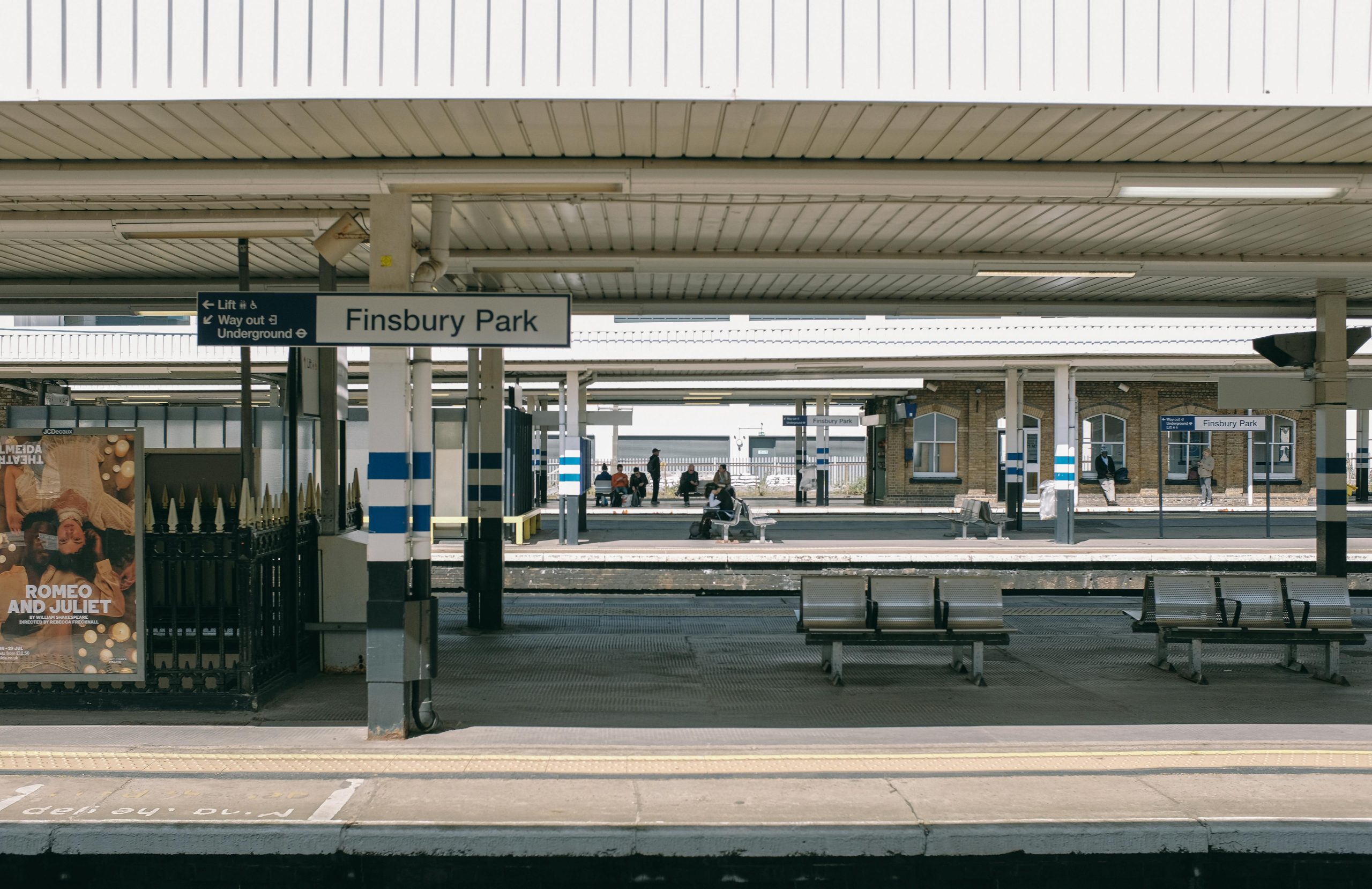An Analysis of the Cost of UK Rail Travel: Are Commuters Being Overcharged?
For many daily commuters in the UK, the rising cost of train travel has become a significant financial burden. Take, for example, a typical journey from Essex into London: after paying for a monthly train ticket and parking, expenses can amount to approximately £550 each month. This substantial outlay often leads to the perception of a “commuter tax”—a situation where consumers feel obliged to pay whatever fare is charged, without realistic alternatives.
The Lack of Competition and Its Impact on Prices
A primary factor contributing to high rail fares is the structure of the UK’s railway system. The current model involves private companies operating train services, often with limited competition. This setup effectively creates a captive market—where passengers have no choice but to use the services provided by these operators. Consequently, private rail companies are incentivized to maximize profits, often by charging higher fares that cover dividends to shareholders rather than prioritizing affordability for passengers.
The Role of Privatization
Historically, there has been strong debate about the privatization of the railways in the UK. Many believe that core transport services should be publicly run to ensure they are accessible and affordable for all citizens. Privatization, although introduced with the aim of increasing efficiency and investment, has resulted in a complex and sometimes opaque fare structure. The profit-driven motives characteristic of private companies have arguably contributed to the escalations in ticket prices.
The Market Dynamics at Play
To understand the pricing strategy, consider the following scenario: a business with a captive audience, minimal competition, and a client base compelled to use its services. This setup naturally leads to questions about the company’s profit motives—are they exploiting their market position? The answer appears to be yes, as the lack of alternative options significantly diminishes the bargaining power of individual consumers.
Conclusion
The high cost of UK rail fares reflects broader issues within the country’s transportation policy and market structure. Ensuring affordability and fairness in public transit may require reevaluating the balance between private ownership and public control. Ultimately, a more competitive, transparent, and publicly accountable railway system could better serve both the needs of commuters and the wider public interest.
